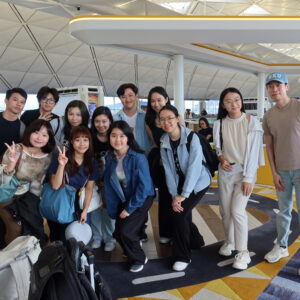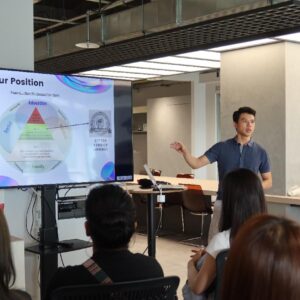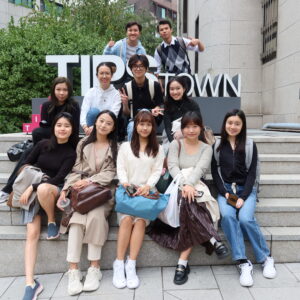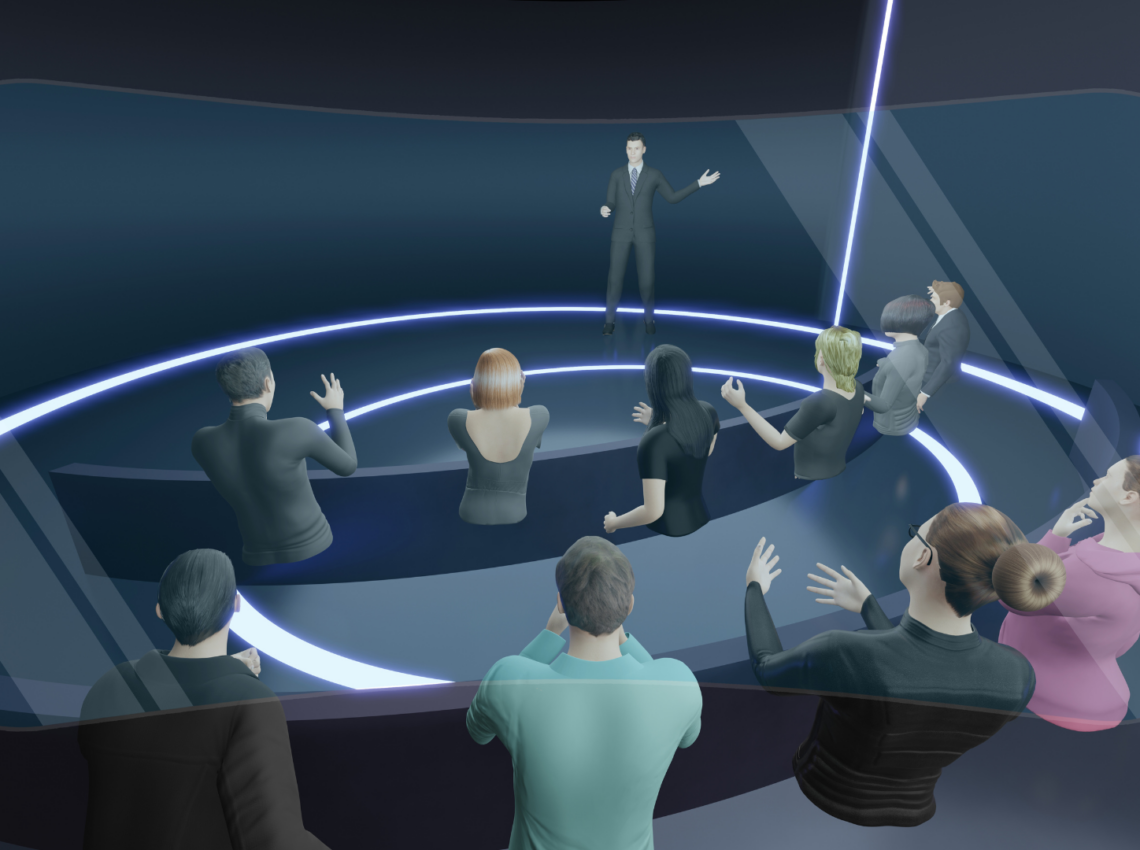Background
Inclusive education seeks to ensure that every student, regardless of ability, could learn equally in same schools. However, mainstream schools are generally not equipped to make learning accessible to students with special needs so that children with disabilities and mental illnesses have to go to special schools. Meanwhile, establishing equality also becomes a challenge when normal students and students with special needs are in the same educational environment.
Digital Identities in Metaverse
Digital identities in Metaverse provide new possibilities for inclusive education. In Metaverse, users could customize their digital identities and present a digital ME in the form of avatar (Davis et al., 2009). This digital ME depends on subjective perception and may be not necessarily in line with the real self. Therefore, digital identities in metaverse could help students with disabilities or mental illness to reshape their self-image and eliminate identity labels and differences.

Besides, technologies such as brain-computer interfaces and sensors could help students with disabilities expand their visual and auditory senses and assist them in communicating normally with others (Zhang et.al., 2022). This will make digital identities of students with special needs objectively the same as that of normal students. The elimination of subjective differences and objective equivalence of communication abilities will increase the confidence of students with special needs.
Challenges
1) Students with special needs may rely on their digital identities in the metaverse, which will lead to emotional and social barriers and make it difficult for them to establish social relationships in the real world (Kye et al., 2021). Digital identities mask their disabilities or mental illnesses which may make it more difficult for them to achieve self-identity in the face of their real identities.
2) The risk of exclusion in metaverse may reinforce bias against students with special needs. Application development teams, avatar designers, and device manufacturers who design products and services based solely on the characteristics and needs of the majority group will make it impossible for students with special needs to access to devices or programmes.
Possible Solutions
1) We should set up a metaverse educational product evaluation and monitoring working group composed of experienced educators. The evaluation and monitoring working group should assess the educational value of metaverse educational products and the risk level of addiction to provide reference for the use of metaverse educational products in schools. At the same time, the working group should also monitor that teachers receive professional training on metaverse educational products and guide students to use metaverse educational products as a tool to facilitate real interaction rather than as a substitute for real interaction.
2) Regulations should be put in place to standardize software development guidelines and extend the inclusivity of hardware devices. Standardizing the design of virtual learning-based software and hardware to consider all populations at the outset would greatly enhance the inclusiveness of metaverse learning for students with special needs (Rocha, 2023).
Conclusion
If the metaverse learning could be used as a tool, and the design of hardware and software could be standardized and inclusive, the digital identities in metaverse will facilitate inclusive education.
Reference
- A whole new world: Education meets the metaverse – brookings. (n.d.-a).
- Davis, A., Murphy, J., Owens, D., Khazanchi, D., & Zigurs, I. (2009). Avatars, people, and virtual worlds: Foundations for research in metaverses.Journal of the Association for Information Systems,10(2), 90–117.
- IMPACT, R. G. (2022, August 29).The accessible metaverse and education – a classroom without walls. Ruh Global Impact.
- Inclusive education. UNICEF. (n.d.). https://www.unicef.org/education/inclusive-education
- Kye, B., Han, N., Kim, E., Park, Y., & Jo, S. (2021). Educational applications of metaverse: Possibilities and limitations.Journal of Educational Evaluation for Health Professions,18, 32.
- The risk of exclusion in the metaverse – cisco. (n.d.).
- Rocha, L. (2023, August 21).JTC 1 standards and standardization for the metaverse. JTC 1.
- Zhang, X., Chen, Y., Hu, L., & Wang, Y. (2022, September 8).The metaverse in education: Definition, framework, features, potential applications, challenges, and future research topics. Frontiers.






